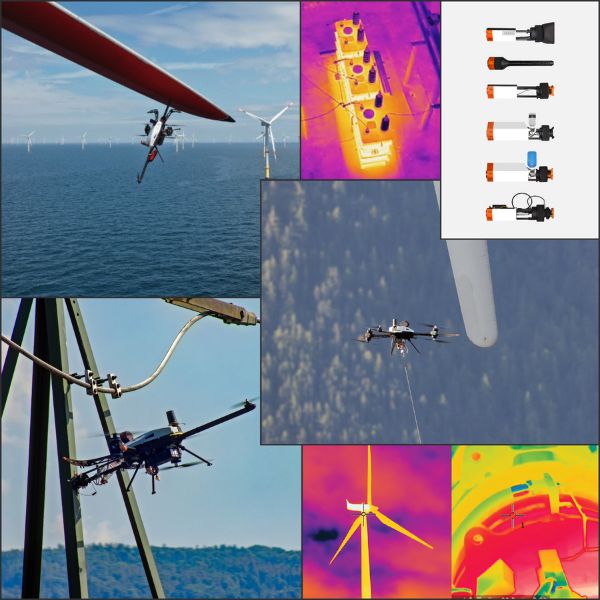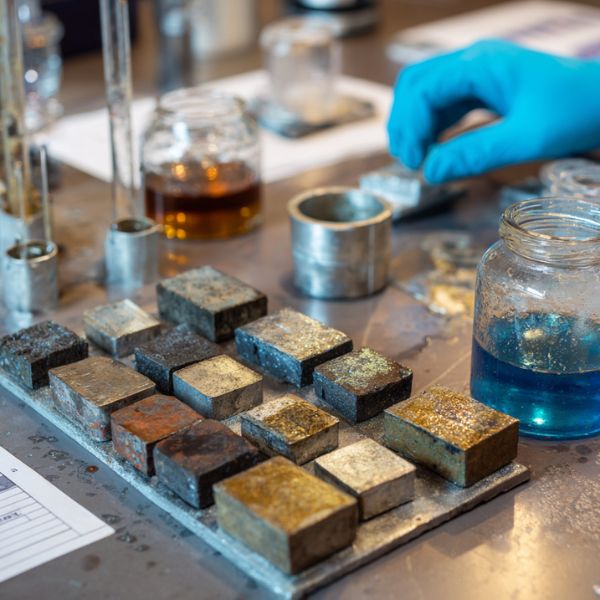Our Services
With over 600 accredited testing methods and cutting-edge technology.
About LMATS
Leading the Way in Advanced Testing & Inspection
LMATS is an ISO/IEC 17025 and ISO 17020 accredited Australian company delivering over 600 methods of testing, inspection, and assessment across multiple industries.
Established: 2008 in Melbourne
National Presence: 10+ locations across VIC, NSW, QLD, WA
Projects Delivered: 100,000+
Clients Served: 200+ government departments, 3000+ companies
Powered by cloud-based OMS software with Level 3 NDT professionals and engineering qualifications. Your trusted partner for precision testing, sustainability-driven solutions, and real-time insights.
Learn More About Us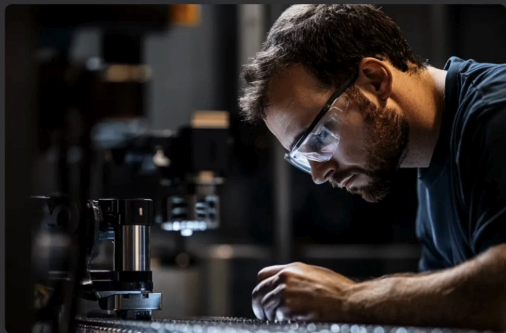
DWTT – Drop Weight Tear Test
LMATS offers Drop-Weight Tear Test (DWTT) via an international partner laboratory. DWTT is a common test method to assess fracture properties of steel. Its fundamental purpose is to determine the appearance of propagating fractures in steels over the temperature range where the fracture mode changes from brittle to ductile.
The DWTT specimen is of the full material thickness (but up to 19mm only), contains a shallow pressed notch and is loaded in three-point bending. A series of specimens is broken under impact loading at a variety of temperatures, and the proportions of ductile fracture (shear) and cleavage on the fracture surfaces are measured.
The broken sample from the DWTT is inspected to determine the percentage of the area that failed by shear fracture, called the shear appearance. When this value is 85% or more (Battelle criterion) the steel is supposed to have sufficient toughness and will not exhibit brittle fracture behavior in full-scale conditions.
The temperature at which this threshold is reached is called the shear appearance transition temperature and is assumed to have a very good match with the Fracture Propagating Transition Temperature (FPTT) of an actual pipeline.
CTOD – Crack Tip Opening Displacement
Assessment of material fracture toughness and resistance to Crack propogation
LMATS is now equipped with Crack Tip Opening Displacement or CTOD test method which is used to measure the resistance of a material to the propagation of a crack. CTOD is used on materials that can show some plastic deformation before failure occurs causing the tip to stretch open. Accurate measurement of this displacement is one of the essentials of the test.
Crack Tip Opening Displacement (or CTOD) has been he most widely used fracture toughness parameter within the oil and gas industry. CTOD is an ideal parameter for characterising the fracture toughness of medium strength carbon manganese steels used in pressure vessels, offshore platforms and pipelines where the application of linear elastic fracture mechanics was insufficient to account for their ductility.
Fracture toughness testing (CTOD testing) tested in accordance with BS 7448, ASTM E1290, ISO 12135 and ISO 15653.
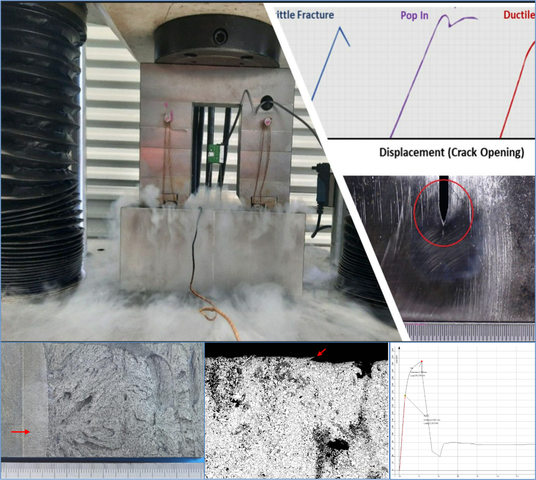

Our NATA accredited laboratory can perform the following testing:
- Product Testing of Access cover, Grates and inspections covers.
- Tensile load testing – Bolts and studs (including ISO 3506.1 bolt extensometer testing), machined specimens, metal bars, plates, wires, plastic and composite coatings from 0.1 to 3000kN.
- Compression Testing – Nuts, concrete, plastics, coatings from 0.1 to 3000kN.
- Hardness Testing – Vickers, Rockwell, Brinell, Leeb & Poldi.
- Bend Testing – Single, three and four-point bending of metals, welded joints, metal overlays and claddings and non-metallic coatings and claddings.
- Charpy Impact Testing – ‘V’ and ‘U’ Notch from 20ºC to -196ºC.
- Macroscopic examinations of welded joints.
- Microstructure examinations including ferrite point counting (ASTM E562) & grain size determination (ASTM E112).
- Shear testing in accordance with ASTM, AS or client specifications.
- Corrosion testing to ASTM G48, A923 & A262.
We can also offer the following services:
- Onsite metallurgical testing, including PMI, chemical analysis (XRF & OES), microstructure replication, hardness testing (Brinell and Leeb),surface roughness testing and ferrite measurements
- Material Identification and microstructural examination
- Metallurgical Failure Analysis
- Research and Development Testing
- Batch Testing of Threaded Fasteners
- Weld Procedure / Welder Qualification Testing
- Reprocessing of Fasteners to Specific Grade Designations
- Design and fabrication of testing jigs and apparatus
- Heat treatment of materials
Expert Services
Our range of expert services extends to:
- Rail Weld Joints
- Pipe and Structural
- Welds
- Fasteners (Nuts, Bolts and Screws)
- Chemical Analysis (XRF and OES)
- Macroscopic and Microscopic Examinations
- Tensile, Compression and Shear Testing
- Hardness Testing
- Charpy Impact Testing
- Specialised Corrosion Testing
- Fatigue Testing
CNC Operations to improve testing productivity and quicker results
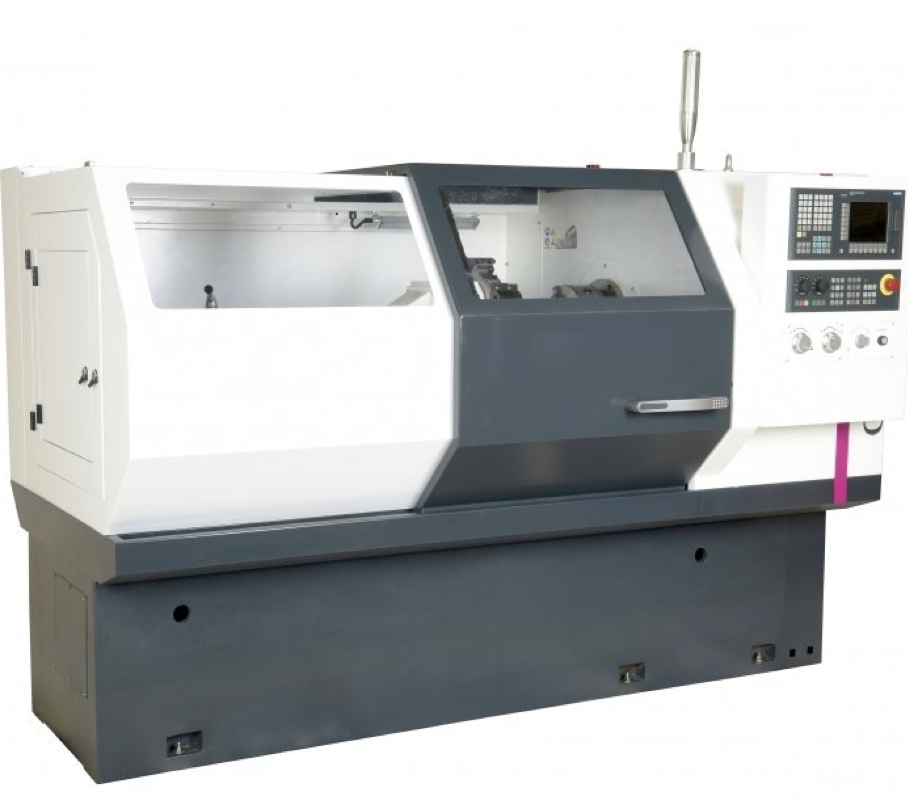
Here at LMATS Brisbane MTS we are equipped with computerised equipment to enhance the quality of the specimen produced and achieve the results in the best possible time frame.
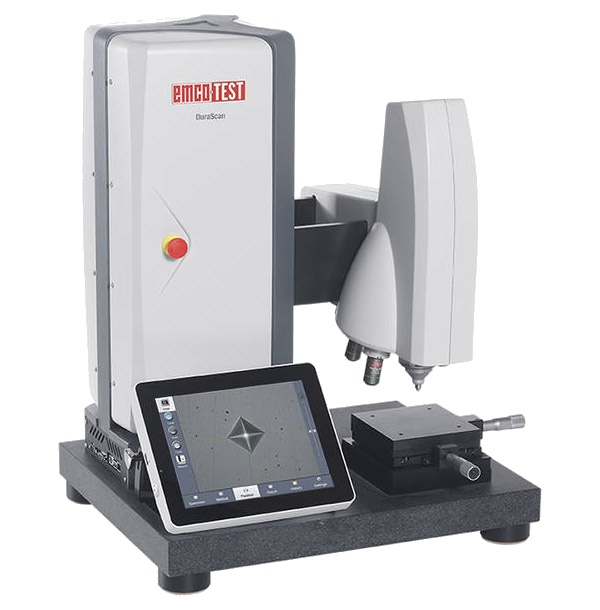
Having automatic hardness testers making the qualification process reduce the testing times by 75% compared to the conventional testing techniques.
Shore Durometer Test – testing of elastomers and plastics
Durometer Hardness is used to determine the relative hardness of soft materials, usually plastics or rubber, is performed by the Shore Durometer Test according to the standard being referenced. Similar to the hardness tests for metal, this method determines a material’s resistance to indentation by penetration of an indenter into the test sample thus giving a hardness value.
Because the flexibility of polymers varies, LMATS is equipped with various indenters for use in testing different types of soft materials from elastomers and natural rubber products, neoprene, polyesters, soft P.V.C., leather, nitril rubbers, waxes and felt to rigid plastics and more.
The Shore durometer A scale indenter "soft samples" is a Hardened steel rod 1.1 mm - 1.4 mm diameter, with a truncated 35° cone (frustum), 0.79 mm diameter.
The Shore durometer D scale indenter "harder samples" is a Hardened steel rod 1.1 mm - 1.4 mm diameter, with a 30° conical point, 0.1 mm radius tip.
LMATS regularly undertake Durometer Hardness Testing to ASTM D2240 and ISO 868
Using the Shore hardness (using the Shore A and D scale) on the following items:
- Hard and soft plastics (seals, gaskets, tyre treads, rubber wheels, o-rings, polyolefins, fluoropolymers, vinyl's, HDPE, LDPE)
- Rubbers
- Sealants
- Elastomers
Durometers of various common materials
| Material | Durometer | Scale |
|---|---|---|
| Rubber bands | 25 | A |
| Door seals | 55 | A |
| Automotive tire treads | 70 | A |
| Soft wheels of roller skates and skateboards | 78 | A |
| Hydraulic O-rings | 70-90 | A |
| Hard wheels of roller skates and skateboard | 98 | A |
| Solid truck tires ie., Forklifts | 50 | D |
| Hard hat (typically HDPE Plastic) | 75 | D |
LMATS performs Shore Durometer Test in the Melbourne, Brisbane and Sydney testing laboratories.
For all of your Shore Durometer Testing requirements, please contact LMATS
Vickers Micro-hardness testing of Glass beads
The aviation Industry uses Glass beads as a shot peening media as a means of preventing stress corrosion and also to provide the necessary passivation or processing of aluminium surfaces to remove the contamination of steel shot.
Glass beads are used to peen relatively delicate parts of narrow dimensions or with fillet areas of narrow radii with maximum control of results.
The glass beads used for the aerospace industry have a spherical diamater of ~0.1-0.2mm and a hardness requirement of 500 – 550 HV.
LMATS have developed a testing method for micro-hardness of glass, including glass bead shot for the aerospace industry as per AMS 2431 Specifications. LMATS can also test glass, ceramics and minerals.
Some relevant standards associated with micro-hardness testing:
- ASTM E10 (Brinell testing of metals)
- ASTM E18 (Rockwell testing of metals)
- ASTM E92 (Vickers testing of metals)
- ASTM E140 (Hardness conversion tables between hardness methods)
- ASTM E384 (Vickers and Knoop testing - general)
- ASTM A370 (Tensile testing - for comparing hardness with tensile properties for steels)
- ASTM C1326 (Knoop testing of advanced ceramics )
- ASTM C1327 (Vickers testing of advanced ceramics )
- ISO 2639 (For measuring case depth of case hardened parts by hardness traverse)
- ISO 9015-1 (Hardness testing of arc welded joints)
- ISO 9015-2 (Microhardness of welded joints)
- ISO 6506-1 (Brinell testing of metals)
- ISO 6507-1 (Vickers testing of metals)
- ISO 6508-1 (Rockwell hardness of metals)
- AS 1815 (Rockwell hardness of metals)
- AS 1816 (Brinell hardness of metals)
- AS 1817 (Vickers hardness of metals)
- AS 1982 (For measuring depth of case hardened parts by hardness traverse)
- AS 2028 (For measuring depth of flame or induction hardened parts by hardness traverse)
- AS 2205-6-1 (Weld joint hardness test)
- AS 5016 (Hardness conversion table - for comparing hardness with tensile properties for many metals)
Please contact LMATS for all your Vickers Micro-Hardness testing of Glass beads testing requirements




